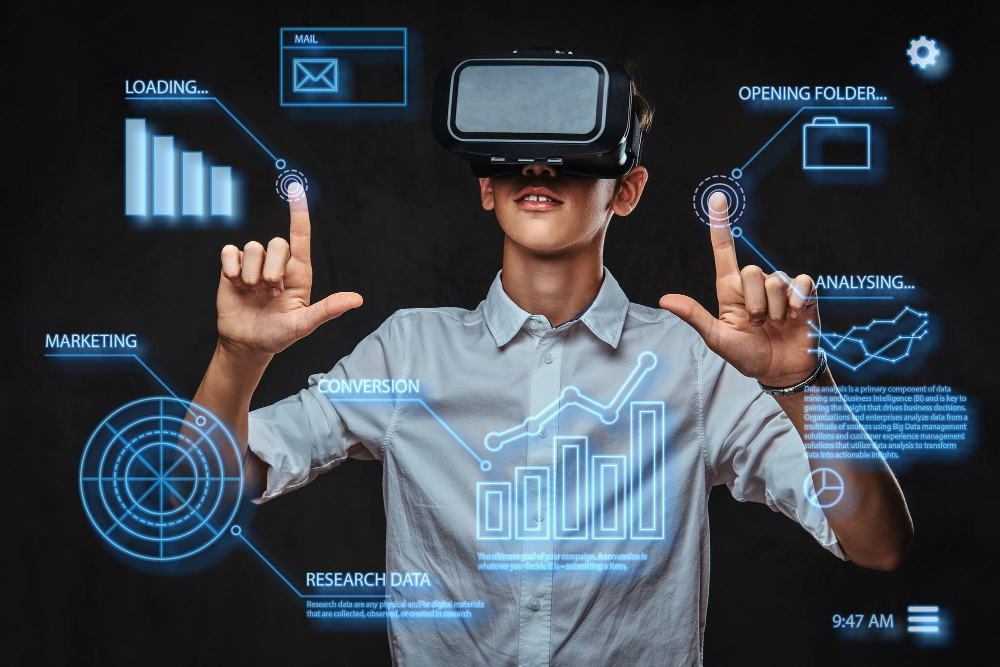
Artificial Intelligence (AI) is no longer just a buzzword in the marketing world — it’s a powerful tool that’s revolutionizing how brands connect with consumers. From analyzing customer data to delivering personalized experiences in real-time, AI-driven marketing strategies are helping businesses streamline their operations, improve targeting, and boost ROI.
Let’s dive into how AI is shaping modern marketing and why adopting these technologies is crucial for staying competitive in today’s digital landscape.
AI-driven marketing refers to the use of artificial intelligence technologies — such as machine learning, natural language processing, and predictive analytics — to automate data analysis, personalize communication, and optimize marketing performance. It empowers marketers to make smarter, data-backed decisions and create highly targeted campaigns.
AI helps marketers segment audiences based on behavior, interests, purchase history, demographics, and more. Unlike traditional methods, AI can process vast amounts of data in real time to create highly accurate, dynamic segments. This ensures your message reaches the right audience at the right time.
With AI-powered predictive analytics, marketers can forecast future trends and customer behavior. This enables better planning, product recommendations, and customer retention strategies. For example, AI can predict which users are likely to churn or which products a customer is most likely to purchase next.
AI enables hyper-personalization in email marketing by analyzing user behavior and preferences. It can tailor subject lines, content, timing, and frequency for individual recipients — dramatically improving open rates, click-through rates, and conversions.
AI-powered chatbots provide instant, 24/7 customer support, handling inquiries, making recommendations, and even closing sales. They help businesses improve user experience while reducing customer service costs. Tools like Drift, Intercom, and Tidio are widely used for AI chatbot integration.
AI can analyze and optimize marketing campaigns in real time. It automatically adjusts ad spend, audience targeting, and creative assets based on performance metrics. This real-time optimization leads to more efficient ad spend and better campaign outcomes.
Improved customer experience through real-time personalization
Higher conversion rates from targeted messaging
Smarter decision-making with data-backed insights
Increased efficiency via automation of repetitive tasks
Cost savings through better resource allocation
Here are some popular AI-powered tools marketers use today:
HubSpot – AI for email personalization and CRM insights
Salesforce Einstein – Predictive lead scoring and customer journeys
Mailchimp – AI-based content suggestions and send-time optimization
ChatGPT – Content creation and idea generation
Google Ads – Smart bidding and AI-powered campaign management
AI is continuously evolving, and its role in marketing is only expected to grow. In the near future, we can expect even more advanced capabilities such as emotion analysis, voice search integration, and AI-generated video content. Marketers who embrace AI early will gain a competitive edge and be better equipped to meet the demands of increasingly sophisticated consumers.
AI-driven marketing strategies are reshaping how brands engage with their audiences. By leveraging AI for customer segmentation, predictive analytics, personalized communication, and real-time optimization, marketers can deliver more relevant and effective campaigns.
The future of marketing is intelligent, data-driven, and automated — and AI is leading the charge. If you’re not already using AI in your marketing strategy, now is the time to start.